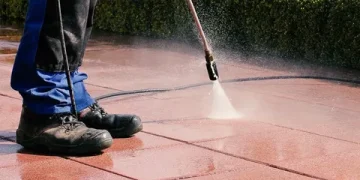The intersection of race and incarceration is a critical issue that affects many families, including Richard Randolph III’s. As a non-violent offender facing delays in his release at FPC Talladega, Richard’s story sheds light on the systemic inequalities within the Bureau of Prisons (BOP) and the impact of racial disparities on the criminal justice system.
Incarceration has profound and often devastating effects on families, significantly impacting their emotional, social, and economic well-being. The effects of incarceration on families can include increased financial strain due to lost income and legal fees, leading to poverty and instability for those left behind. Children of incarcerated parents often experience emotional distress, manifesting as anxiety, depression, and behavioral issues, as they grapple with feelings of abandonment and stigma. Additionally, the separation can disrupt familial bonds and parenting dynamics, as caregivers struggle to provide stability in the absence of a parent. Social support networks may also weaken, resulting in isolation and reduced access to resources. Overall, the ripple effects of incarceration extend beyond the individual, creating a cycle of disadvantage that can persist across generations.
Richard’s family has faced unique challenges due to the compounded effects of race and incarceration. The stigma associated with being a person of color in the criminal justice system can lead to increased scrutiny and bias, making it even more challenging for individuals to navigate their circumstances. Richard’s experience is a poignant reminder of the need for reform that addresses these disparities head-on.
Advocates for racial justice and criminal justice reform are calling for policies that promote equity within the BOP and the broader justice system. By focusing on dismantling systemic racism and ensuring fair treatment for all individuals, we can begin to create a more just society.
Richard’s story serves as an essential narrative in the larger conversation about race and incarceration, inspiring others to engage in the fight for justice and equality.










